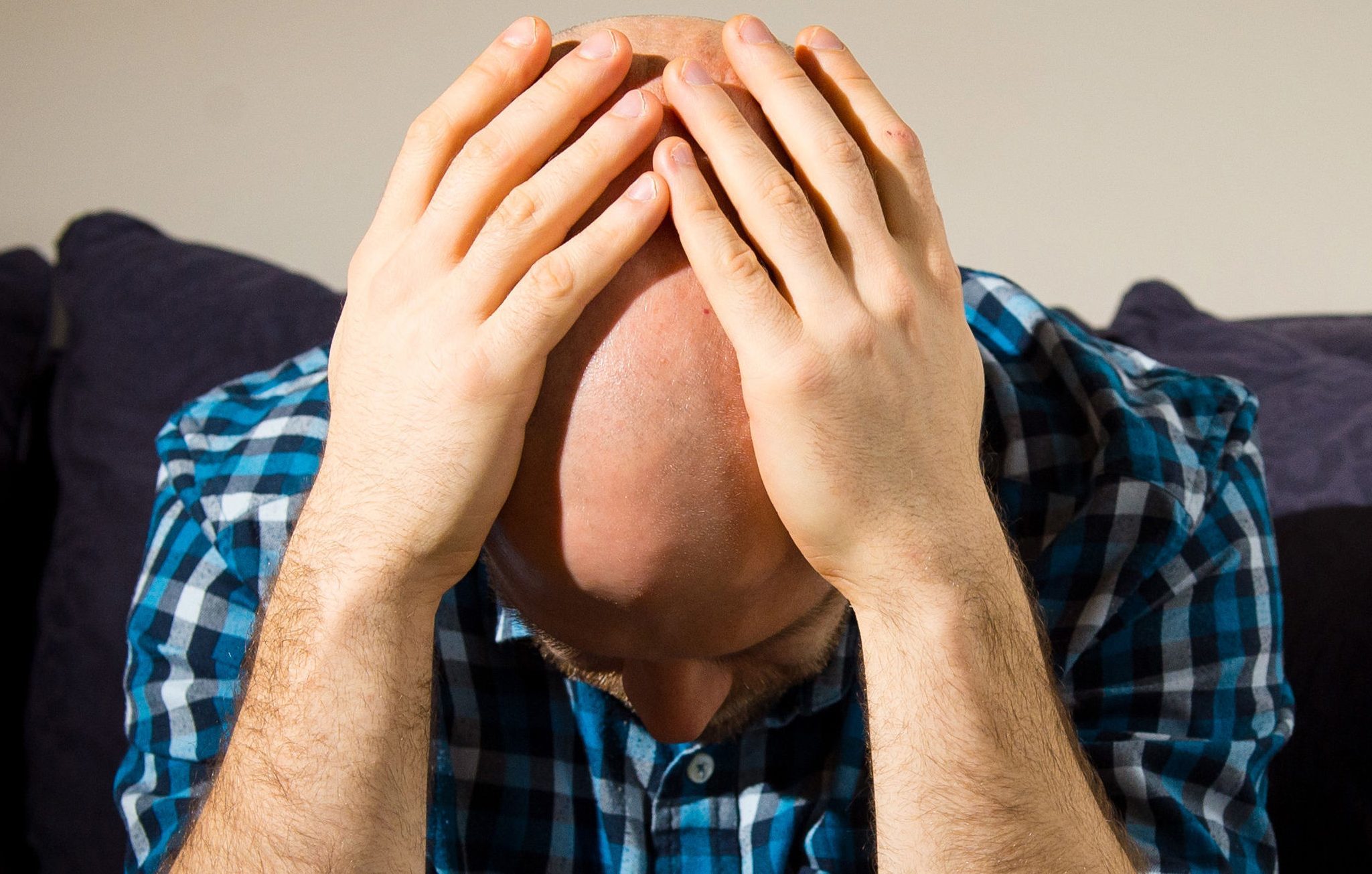
NEARLY one in five people who have retired in the past 10 years are more stressed now than when they worked, research suggests.
Rather than later life being a golden opportunity to relax, 18% of those who have retired in the past decade say they are more stressed, the survey from Prudential found.
About one in seven (13%) say their health has suffered since giving up work.
Newly retired women were more likely to report feeling more stressed, at 23%, compared with 13% of men.
Missing former work colleagues was the biggest retirement let-down, with more than a third (35%) saying they miss the social interaction of work.
One in five (20%) feel they have lost some of their identity since their work ended.
But many pensioners also blamed financial reasons for retirement being less serene than it could be.
Nearly three in 10 (29%) miss having their pay packet in their wallet, while one in eight (12%) complain their adult children still expect cash subsidies from the “bank of mum and dad”.
A fifth (20%) said being a source of free childcare is a cause of stress.
But Prudential also found some evidence that the prospects for retirees are improving.
While the proportion of people having generous final salary pensions to retire on is decreasing, the likelihood of people retiring with only the state pension to fall back on is also declining – from 23% of those retiring in 2008 to 14% this year.
The landmark automatic enrolment scheme, which has been placing people into workplace pensions since 2012, is boosting the number of pension savers.
The research was carried out to mark the 10th year of Prudential’s “Class of” annual surveys, which look at the experiences of newly retired people.
Only 13% of those surveyed say they are disappointed with how their retirement as a whole has turned out.
But nearly a quarter (24%) wish they had worked for longer and more than one in 10 (11%) say that with hindsight they would have found another job or been more active in the early years of retirement.
Vince Smith-Hughes, a retirement expert at Prudential, said: “Often when we think of retirement planning we concentrate exclusively on our finances, but what these findings show is that there are many other things involved in helping to make us happy in retirement.
“As we have found, giving up work can be a shock to the system even before people start to come to terms with the inevitable change in their financial circumstances.
“However, as we see people easing themselves away from the world of work through a period of ‘pretirement’ and more people saving from an earlier age as a result of automatic enrolment, we hope that the new retirees of the future will be better placed to cope with their changed circumstances.”
More than 750 people across the UK who have retired in the past 10 years were surveyed.

Enjoy the convenience of having The Sunday Post delivered as a digital ePaper straight to your smartphone, tablet or computer.
Subscribe for only £5.49 a month and enjoy all the benefits of the printed paper as a digital replica.
Subscribe